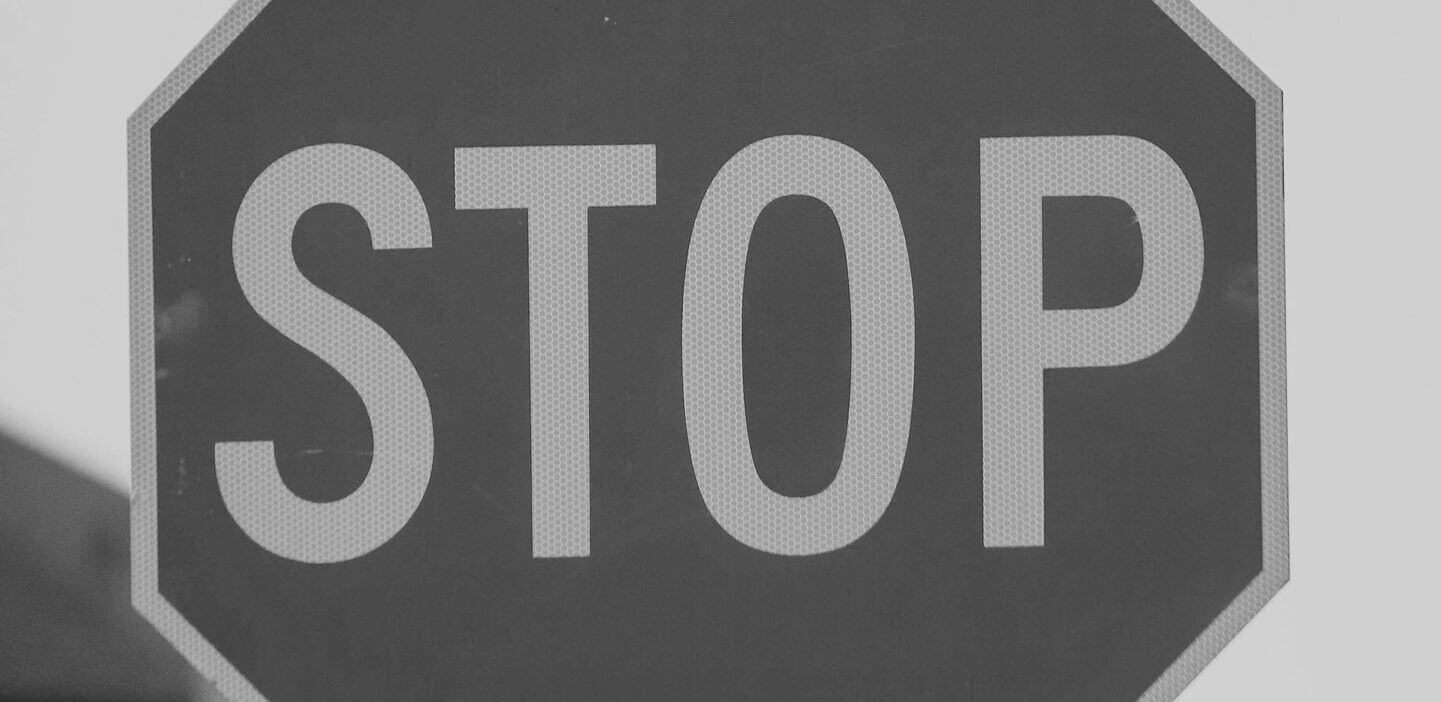October
Income Tax Deadline for Self-Employed Individuals
This is one of the most crucial financial deadlines of the year. Self-employed individuals must file their income tax return and pay any balance of income tax owed for the previous year by the end of October. If you file and pay taxes through the Revenue Online Service (ROS), the deadline is typically mid-November.
This is also an opportunity to make pension contributions, which can significantly reduce tax liabilities by providing valuable tax relief.
What It Means
Meeting the income tax deadline avoids penalties and interest while allowing pension contributions to reduce taxable income, supporting long-term financial planning.
Who It’s Important For
Self-employed individuals, business owners, and those with income not subject to Pay As You Earn (PAYE) can lower their tax bills and invest in their future by staying compliant and making timely pension contributions.
Learn more by reading our article on reducing income tax bills via pension contributions.
November
Income Tax Deadline for Self-Employed Individuals – ROS
Revenue Online Service users have until this date to file and pay income taxes. If you file and pay taxes through the Revenue Online Service (ROS), the deadline is typically mid-November.
Other Key Changes in 2025
CAT Threshold Increase
The thresholds for Capital Acquisitions Tax (CAT) in Ireland have been increased, offering greater allowances for tax-free gifts and inheritances. From 2 October 2024, the Group A threshold—primarily for transfers between parents and children—rises to €400,000, up from €335,000.
The Group B threshold, covering transfers between siblings, nieces, nephews, and grandparents, increases to €40,000 from €32,500.
Meanwhile, the Group C threshold, applicable to all other relationships, grows to €20,000 from €16,250.
These adjustments mean individuals can now receive higher-value gifts or inheritances without incurring CAT, reflecting efforts to ease the tax burden on beneficiaries and account for rising asset values.
Free Public Transport for Children
Public transport will become free for all children under 9, expanding the current benefit that only applies to children under 5. This extension will help families save on transportation costs for school runs, outings, and everyday travel.
Tobacco and Vape Tax
The government continues its efforts to reduce smoking and vaping. Cigarette prices were already increased by €1 per pack in October 2024. From mid-2025, a new tax of €0.50 per ml will be added to e-liquids for e-cigarettes, making vaping more expensive.
These changes aim to help people smoke and vape less while encouraging healthier habits.
It’s also important to know that life insurance policies are more expensive for smokers. Quitting smoking can significantly lower the cost of life insurance, helping you save money in the long run. Read more in our article to learn how.
Rent Tax Credit
The rent tax credit has been increased in Budget 2025 to provide greater financial relief for renters. For 2024 and 2025, the credit is now €1,000 per individual and €2,000 for jointly assessed couples, representing 20% of annual rent payments, up to these limits.
This is a boost from the previous caps of €750 and €1,500 for 2024, which were retrospectively increased. The adjustment aims to support renters facing rising housing costs, offering a more substantial reduction in their tax bills.
Extension of Help-to-Buy Scheme
The Help-to-Buy Scheme (HTB) has been extended until the end of 2029, providing continued support for first-time homebuyers in Ireland. Originally set to expire on 31 December 2025, this extension ensures that eligible buyers can benefit from tax relief to help with the deposit for a new home or self-build property.
The scheme offers significant financial assistance, making it easier for individuals and couples to step onto the property ladder and achieve homeownership.
Learn more by reading all the changes on the Citizens Information website.
Publisher: Source link











